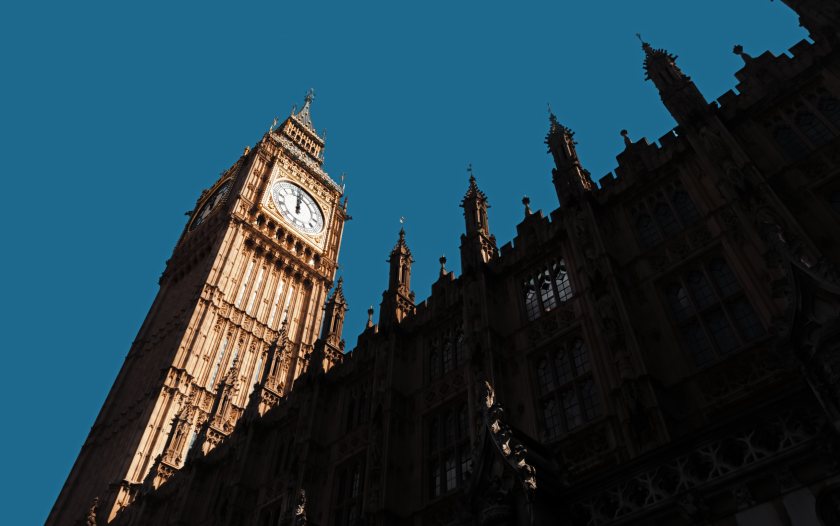'Not in the public interest': Government refuses to reveal farm tax figures

The government is under fire for withholding financial evidence to back up a minister's claim that the clawback alternative to its inheritance tax changes would raise ‘much less’ revenue than the current reforms.
The Treasury has rejected a Freedom of Information (FoI) request for details on the ‘clawback’ proposal, claiming disclosure is “not in the public interest.”
The proposal, submitted by the Country Land and Business Association (CLA) and the NFU among others, offers an alternative to Labour's plan to cap agricultural and business property reliefs (APR and BPR) from April 2026.
Under the clawback system, first presented to the government in February , 100% tax relief would still apply to qualifying assets—but with a condition that tax would be paid if those assets were sold within a certain period after death.
Despite repeated public statements from Exchequer Secretary James Murray that the clawback mechanism would raise “much less” revenue than the current reforms, no evidence has been shared to support this claim.
The Treasury’s refusal to release its internal analysis following the CLA's FoI request has drawn strong condemnation from affected sectors.
"The impact of the government’s inheritance tax changes is casting a long shadow over the future of farming and family businesses," warned CLA President Victoria Vyvyan.
"In response to a CLA FoI request about the research into the 'clawback option', the Treasury says it is not in the public interest to explain itself. We disagree – we think it is very much in the public interest to know what data they used and how.
"Our ask is clear. If, as the Exchequer Secretary has said, the clawback alternative would raise ‘much less’ than the Treasury’s reforms – show us."
The Treasury defended its decision by stating that disclosure could have a “detrimental impact on the ongoing development of policy,” noting that the proposals have yet to be finalised, published in draft, or receive Royal Assent.
This is despite repeated ministerial claims—including from the prime minister—that the policy is settled and will not change.
In a joint letter sent to the chancellor this week, over a dozen business bodies from sectors including agriculture, construction, hospitality, and heritage have demanded the Treasury release its analysis.
They argue that the clawback system offers a fairer solution that could protect the viability of family-run farms and rural businesses while still generating substantial tax revenue.
Ms Vyvyan said: "There has been no consultation, no impact assessment published and now no details given to support their claim that the clawback would raise less money than the proposed approach.
"The businesses affected deserve an accountable and transparent Treasury and this policy has been tainted from the start with being autocratic, and opaque.”
The CLA estimates that the cap on APR and BPR could affect up to 70,000 farms, including holdings as small as 100 acres.
For an average 350-acre English arable farm owned by a couple, the inheritance tax liability under the proposed changes would equate to 99% of annual profits over a decade.
Analysis by CBI Economics projects that the reforms could lead to the loss of over 200,000 jobs during this parliament and cost the Treasury £1.9 billion in lost revenue.
It comes after a cross-party committee of MPs urged the government to delay its plans to avoid harming family farms and restore trust in British agriculture.
Last week's report by the EFRA Committee called on ministers to delay final decisions on APR and BPR reforms until October 2026, with changes taking effect from April 2027.








